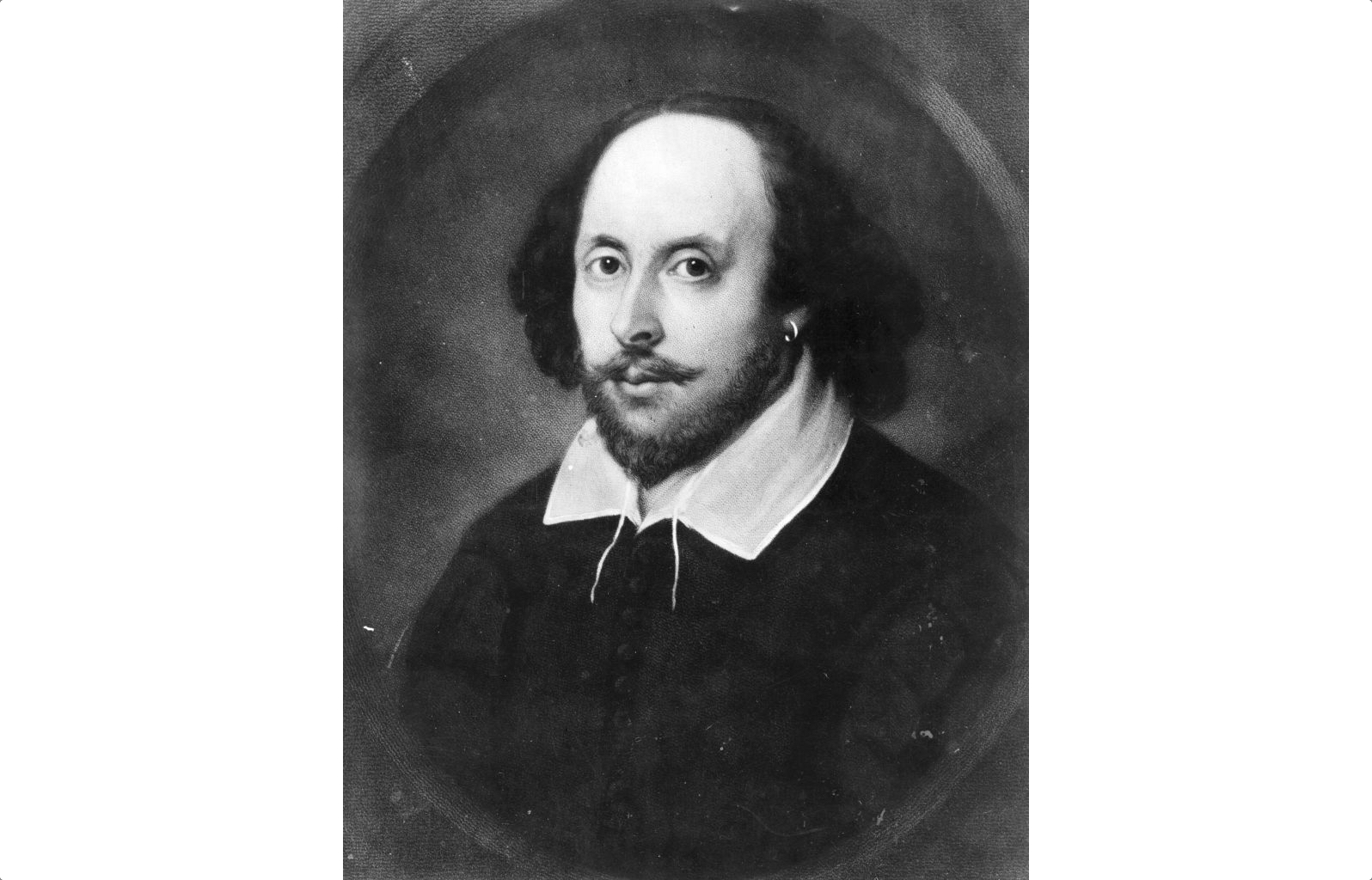What drives the Shakespeare conspiracy theories?

As predictably as the tides, as welcome as a pebble in your shoe, the bogus question of ‘who actually wrote Shakespeare’s plays?’ is in the news again. Jodi Picoult, the writer, thinks that Emilia Bassano (aka Aemilia Lanier), the daughter of a musician, must have had a hand in them, because, she says, Juliet is 13 in Romeo and Juliet, and Bassano was forced to become a mistress at that exact age. This despite the fact that in the play Juliet isn’t forced to love Romeo, and that Bassano was in her late teens when she became Lord Hunsdon’s mistress. Not convinced? In Othello, Desdemona’s servant is called – wait for it – Emilia! I don’t know about you, but that clinches it for me. At least Picoult hasn’t found the word for bacon written backwards in Latin, which is what usually points the way to conspiracy theory.
I wonder whether all this is a symptom of cultural malaise, linked to modernism and the need to question everything
It’s strange, this obsession with Shakespeare being a fake. The anti-Stratfordians point to the fact that his father was a glove-maker, as if this were relevant to his dramaturgic prowess.‘But Shakespeare didn’t go to university,’ keen the antis. He most probably went to grammar school (odd if his upwardly mobile father John Shakespeare, who married into a gentry family, had not sent him there), and his work is learned, but not as self-consciously so as the university-bred Christopher Marlowe’s. Shakespeare is similarly queried for having been a man, and having never been abroad (as far as we know); so how, therefore, could he have written about women and foreign countries with such aplomb? It never seems to occur to proponents of this line that imagination, experience, and research are all methods used by writers. Want to know something about Italy? Go to the wharves, ask Giovanni, and fill in the rest yourself.
Other playwrights are exempt from suspicion. Nobody suggests that John Webster, a cart-maker’s son who never went to Italy and certainly wasn’t an aristocratic woman, couldn’t have written The Duchess of Malfi. Nor that Marlowe, a shoemaker’s son, was not behind Tamburlaine, a play about a central Asian emperor. And I don’t think John Ford ever slept with his sister before skewering her heart on his dagger. So why the dear old Bard? I’ve never had a satisfactory answer to this question.
Shakespeare’s contemporaries had no problem with his authorship, because they were there with him in the theatre. Ask yourself: what’s more likely? That Will Shakespeare, an actor-manager with well-recognised talent, extensive knowledge and an inquiring mind, wrote the plays which appeared under his name? Or that he was a stooge, pretending for his entire life, and nobody ever noticed? Picture the scene: ‘Where’s that draft, Will?’ ‘Er, hang on a minute, I’m just going to see Emilia. I mean, E-man about a dog.’
Emilia Bassano is a recent addition to the roster of candidates, despite there being as much evidence that she met Shakespeare as there is that the world is flat. The idea that she was the ‘Dark Lady’ of the sonnets is based on a misreading of an astrologer’s notebook. She did compose a poem called Salve Deus Rex Iudaeorum, and here’s a stanza from the beginning:
That very Night our Saviour was betrayd,
Oh night! exceeding all the nights of sorrow,
When our most blessed Lord, although dismayd,
Yet would not he one Minutes respite borrow,
But to Mount Oliues went, though sore afraid,
To welcome Night, and entertaine the Morrow;
And as he oft vnto that place did goe,
So did he now, to meet his long nurst woe.
The rhymes ‘sorrow/borrow/morrow’ are of the ‘moon/June/spoon’ kind, while the final couplet is almost empty of meaning. Compare it to even a few lines of Shakespeare, and you’ll feel the difference.
I wonder whether all this is a symptom of cultural malaise, linked to modernism and the need to question everything. Give it a decade or so, and someone’s going to claim that Shakespeare must have been a time traveller, because of Merlin’s prophecy in King Lear: ‘I live before his time.’ After all, how else could he have written so convincingly about pre-historic England?
Did Bassano pen her dull poem as her legacy, while having in reality written Shakespeare’s plays, as a double blind? There are some questions to which there is only one answer. And this is one: BassaNo.


